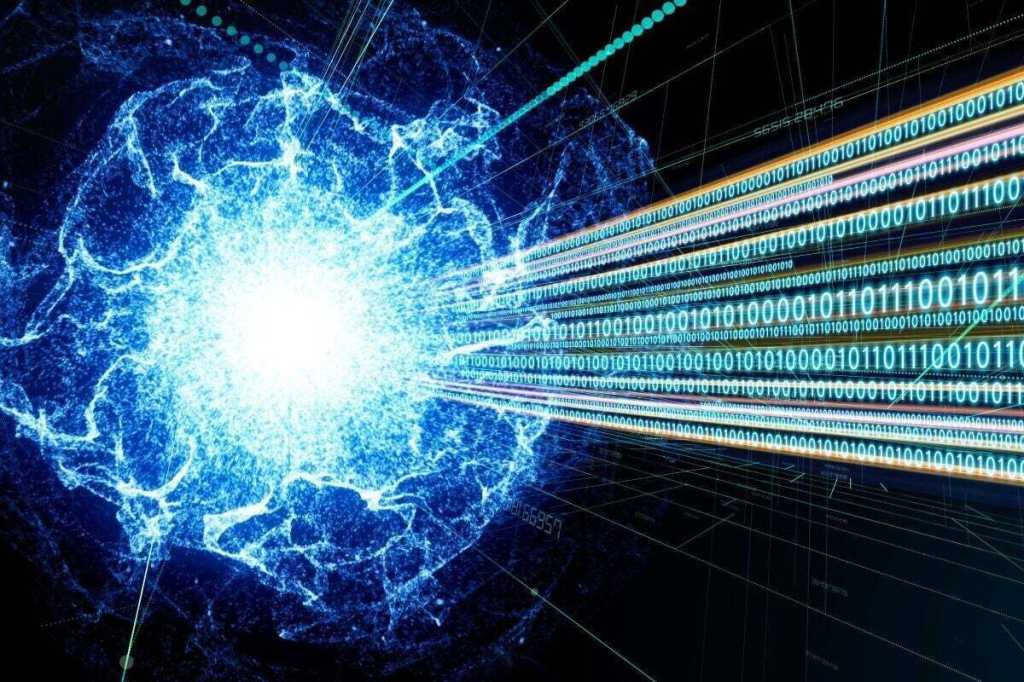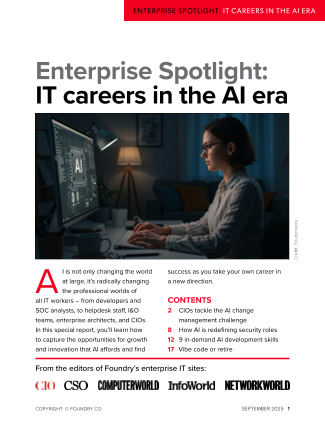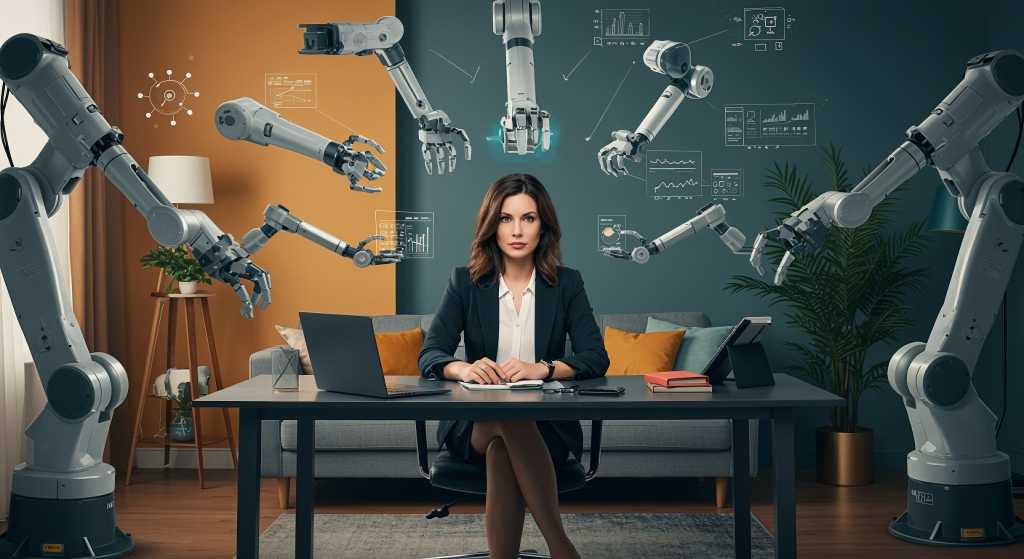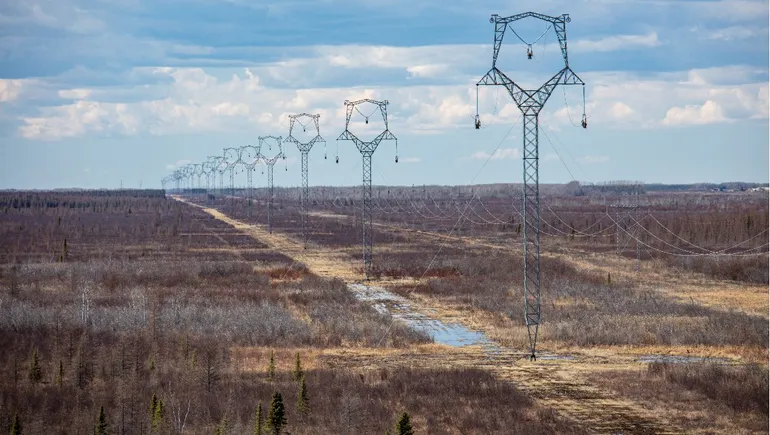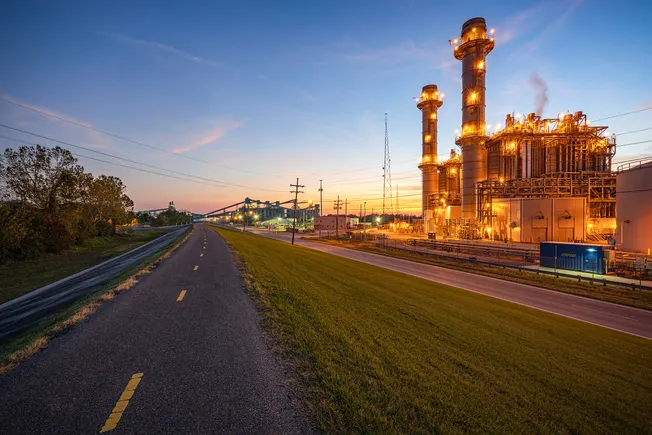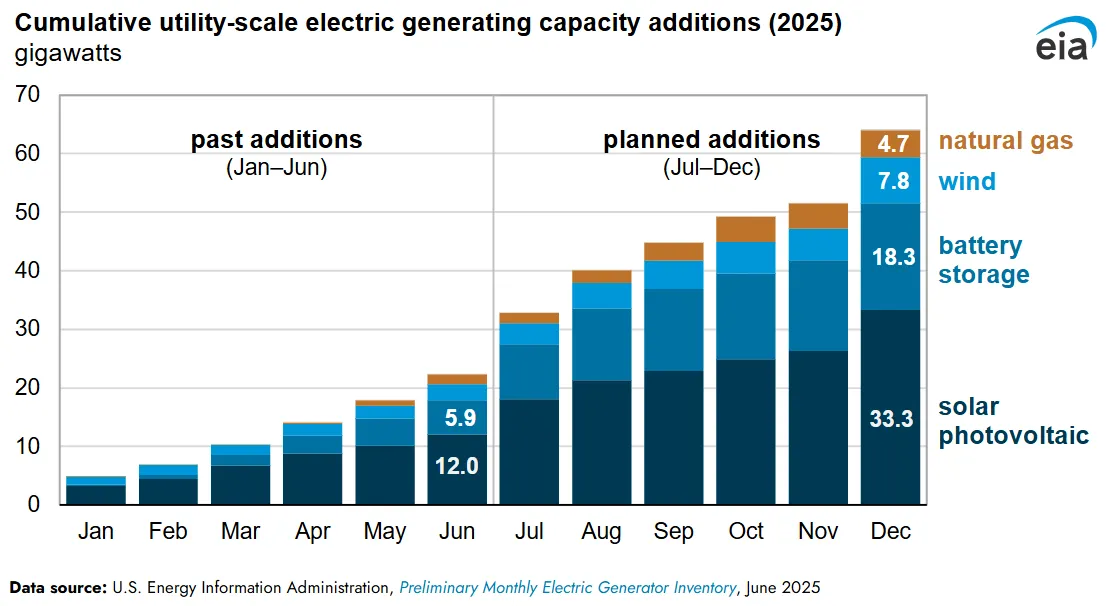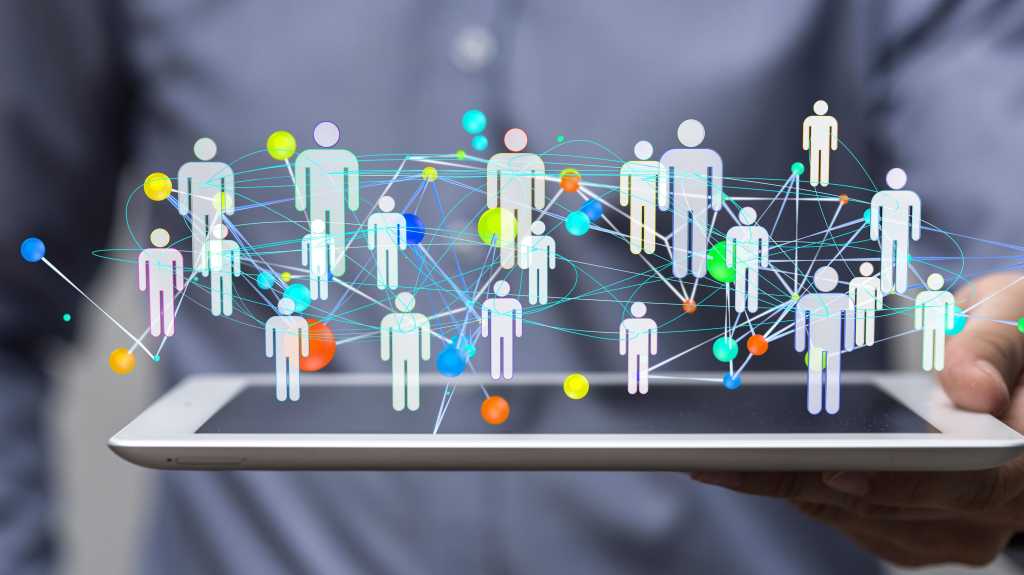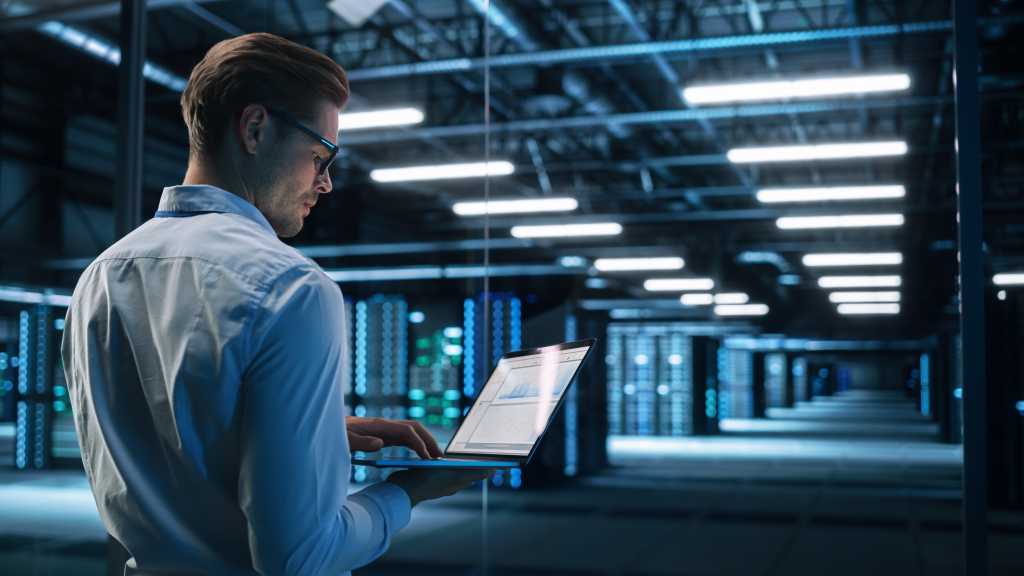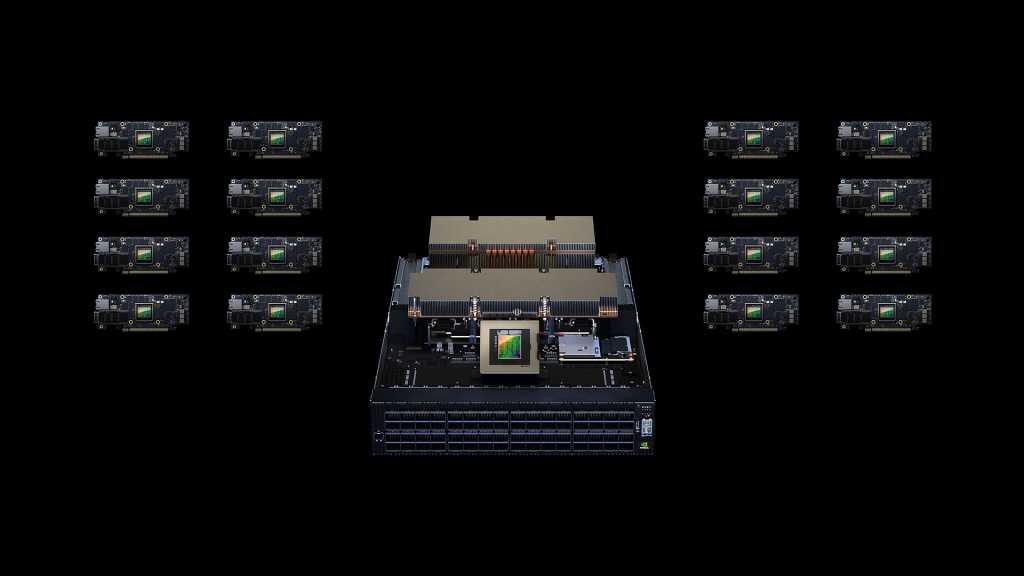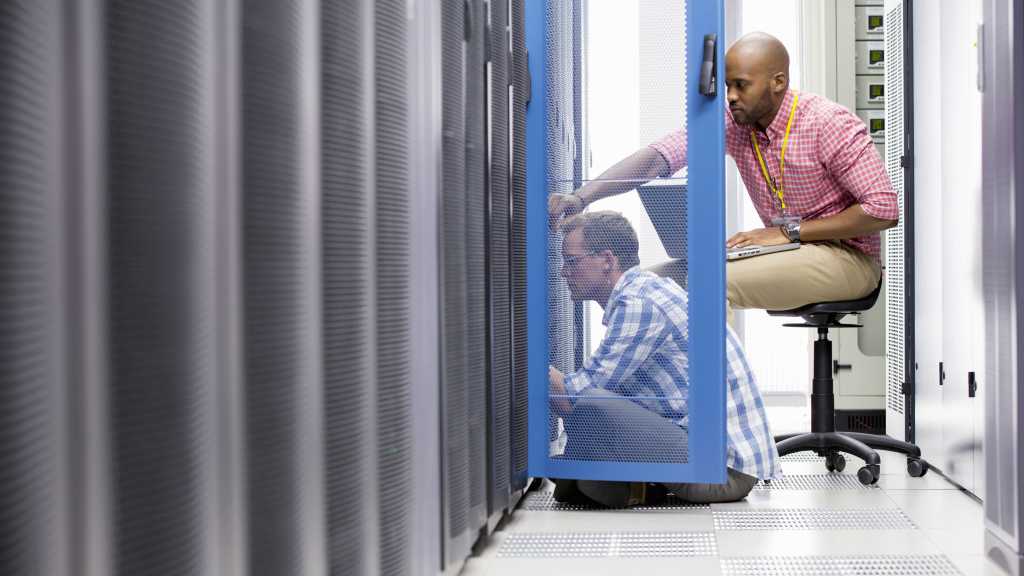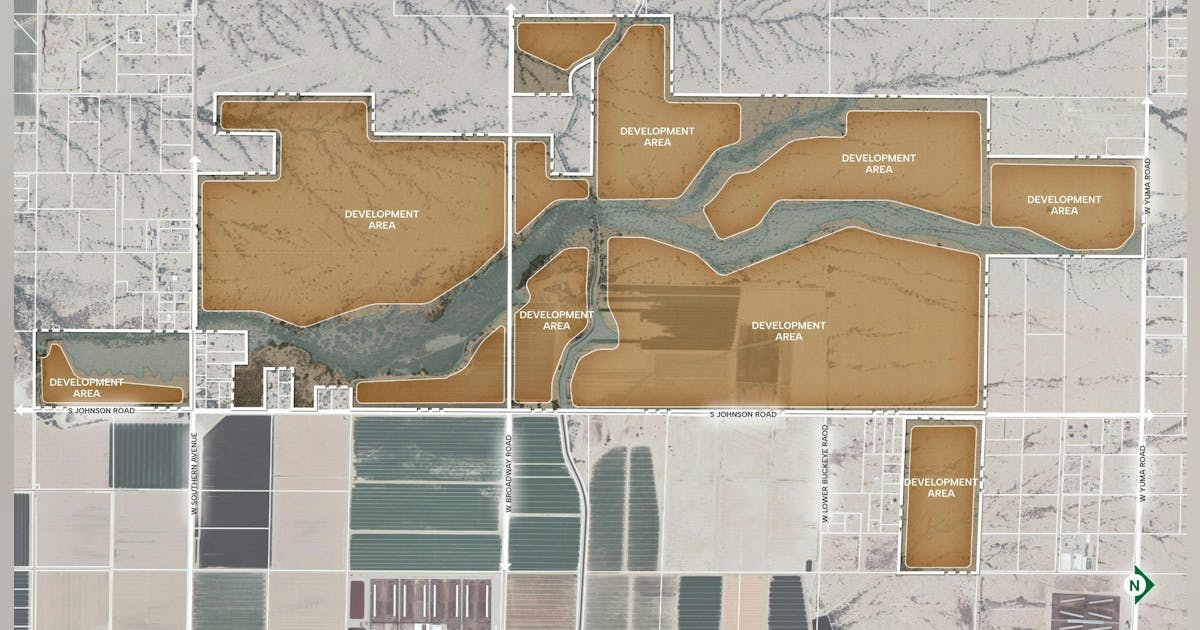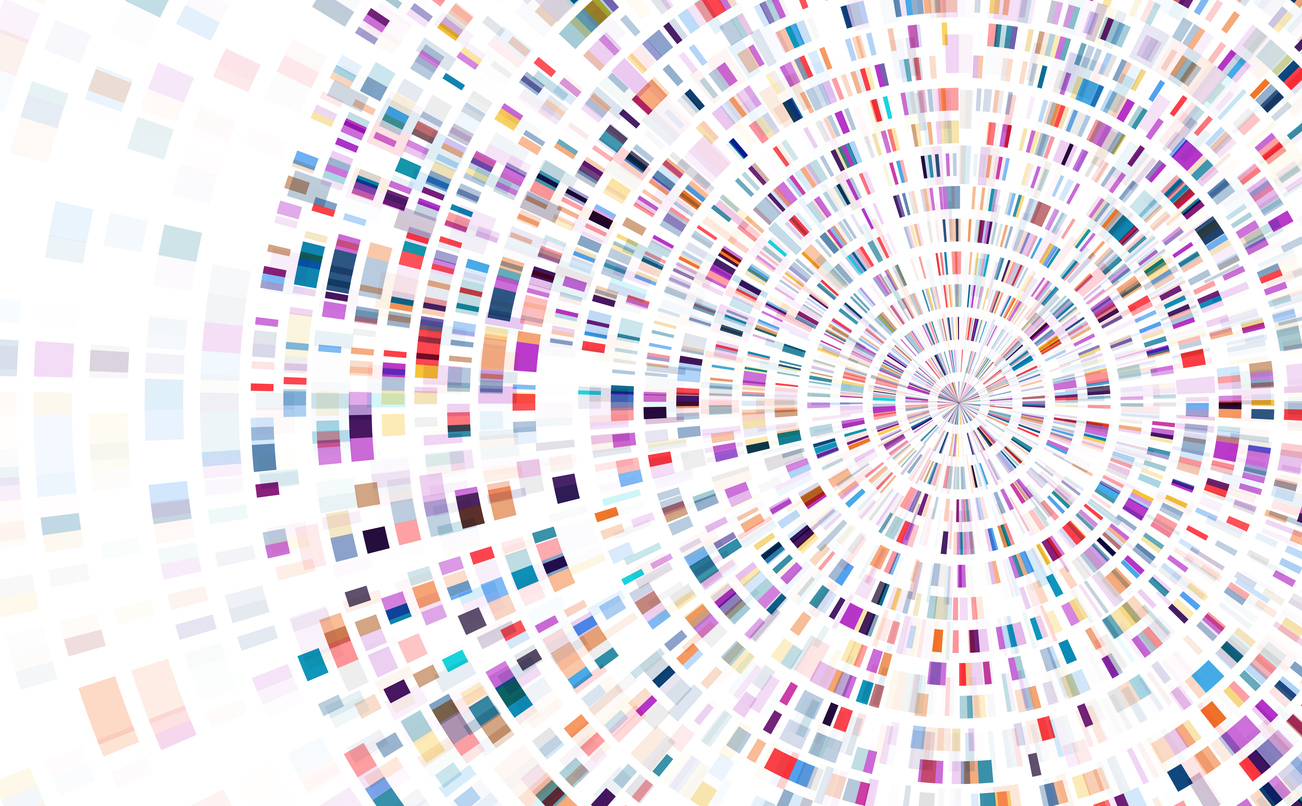When I picked up my daughter from summer camp, we settled in for an eight-hour drive through the Appalachian mountains, heading from North Carolina to her grandparents’ home in Kentucky. With little to no cell service for much of the drive, we enjoyed the rare opportunity to have a long, thoughtful conversation, uninterrupted by devices. The subject, naturally, turned to AI.
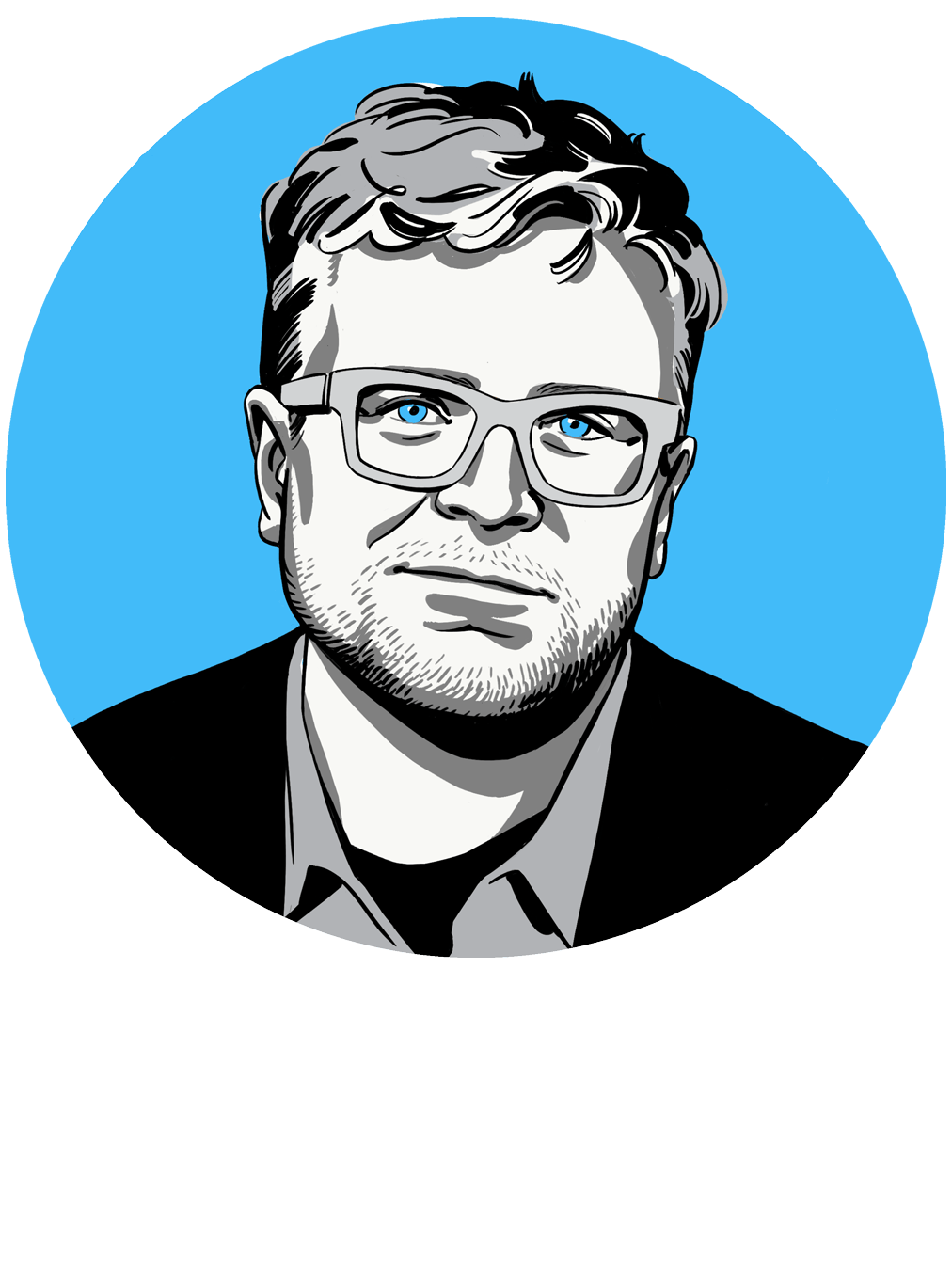
“No one my age wants AI. No one is excited about it,” she told me of her high-school-age peers. Why not? I asked. “Because,” she replied, “it seems like all the jobs we thought we wanted to do are going to go away.”
I was struck by her pessimism, which she told me was shared by friends from California to Georgia to New Hampshire. In an already fragile world, one increasingly beset by climate change and the breakdown of the international order, AI looms in the background, threatening young people’s ability to secure a prosperous future.
It’s an understandable concern. Just a few days before our drive, OpenAI CEO Sam Altman was telling the US Federal Reserve’s board of governors that AI agents will leave entire job categories “just like totally, totally gone.” Anthropic CEO Dario Amodei told Axios he believes AI will wipe out half of all entry-level white-collar jobs in the next five years. Amazon CEO Andy Jassy said the company will eliminate jobs in favor of AI agents in the coming years. Shopify CEO Tobi Lütke told staff they had to prove that new roles couldn’t be done by AI before making a hire. And the view is not limited to tech. Jim Farley, the CEO of Ford, recently said he expects AI to replace half of all white-collar jobs in the US.
These are no longer mere theoretical projections. There is already evidence that AI is affecting employment. Hiring of new grads is down, for example, in sectors like tech and finance. While that is not entirely due to AI, the technology is almost certainly playing a role.
For Gen Z, the issue is broader than employment. It also touches on another massive generational challenge: climate change. AI is computationally intensive and requires massive data centers. Huge complexes have already been built all across the country, from Virginia in the east to Nevada in the west. That buildout is only going to accelerate as companies race to be first to create superintelligence. Meta and OpenAI have announced plans for data centers that will require five gigawatts of power just for their computing—enough to power the entire state of Maine in the summertime.
It’s very likely that utilities will turn to natural gas to power these facilities; some already have. That means more carbon dioxide emissions for an already warming world. Data centers also require vast amounts of water. There are communities right now that are literally running out of water because it’s being taken by nearby data centers, even as climate change makes that resource more scarce.
Proponents argue that AI will make the grid more efficient, that it will help us achieve technological breakthroughs leading to cleaner energy sources and, I don’t know, more butterflies and bumblebees? But xAI is belching CO2 into the Memphis skies from its methane-fueled generators right now. Google’s electricity demand and emissions are skyrocketing today.
Things would be different, my daughter told me, if it were obviously useful. But for much of her generation, she argued, it’s a looming threat with ample costs and no obvious utility: “It’s not good for research because it’s not highly accurate. You can’t use it for writing because it’s banned—and people get zeros on papers who haven’t even used it because of AI detectors. And it seems like it’s going to take all the good jobs. One teacher told us we’re all going to be janitors.”
It would be naïve to think we are going back to a world without AI. We’re not. And yet there are other urgent problems that we need to address to build security and prosperity for coming generations. This September/October issue is about our attempts to make the world more secure. From missiles. From asteroids. From the unknown. From threats both existential and trivial.
We’re also introducing three new columns in this issue, from some of our leading writers: The Algorithm, which covers AI; The Checkup, on biotech; and The Spark, on energy and climate. You’ll see these in future issues, and you can also subscribe online to get them in your inbox every week.
Stay safe out there.

